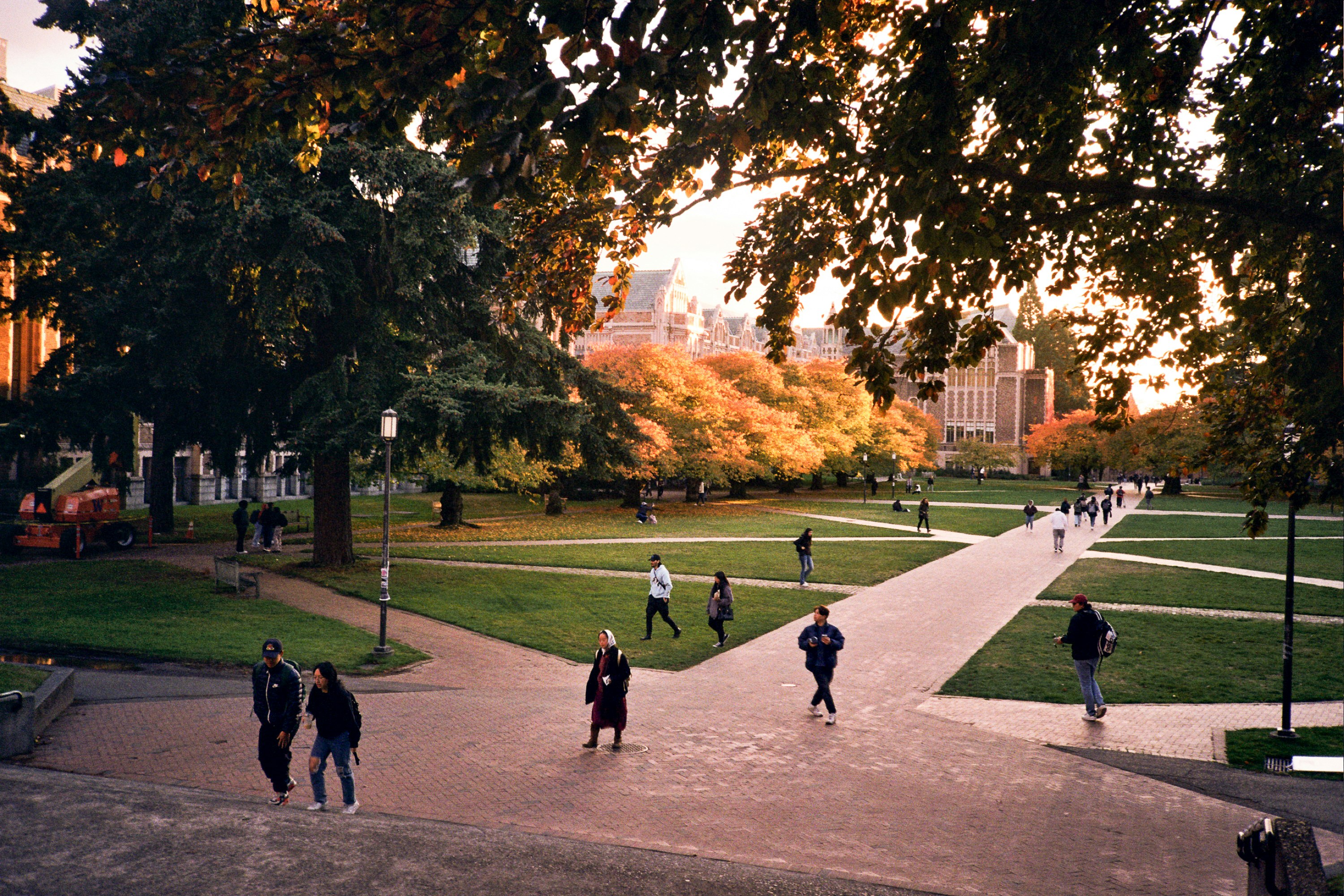
"The real and perceived need for personal cars on college campuses introduces traffic congestion, crashes, parking demand, and fiscal burdens. Students tend to take travel habits into the world after graduation."
"Car crashes are the number one cause of accidental death among college students. The combination of high foot traffic and vehicle traffic makes crashes likely, especially with inexperienced drivers and distractions."
"Colleges face congestion problems from nearby residents, faculty and staff, student commuters, and internal campus trips. These issues require direct solutions to reduce car reliance."
"Road widening and parking garage expansions demonstrate an increase in car traffic, prompting poor travel habits. Addressing these car dependencies can help improve campus safety."
Personal car use on college campuses leads to significant traffic congestion, increased accidents, and high parking demands, creating fiscal burdens for colleges. Many college trips are short, and car ownership creates a reliance that can be unnecessary. Car crashes account for the majority of accidental deaths among students, worsened by inexperience and distractions. Colleges must address congestion from faculty, staff, students, and local residents, focusing on reducing car reliance, improving safety, and establishing better travel habits among students.
Read at Streetsblog
Unable to calculate read time
Collection
[
|
...
]